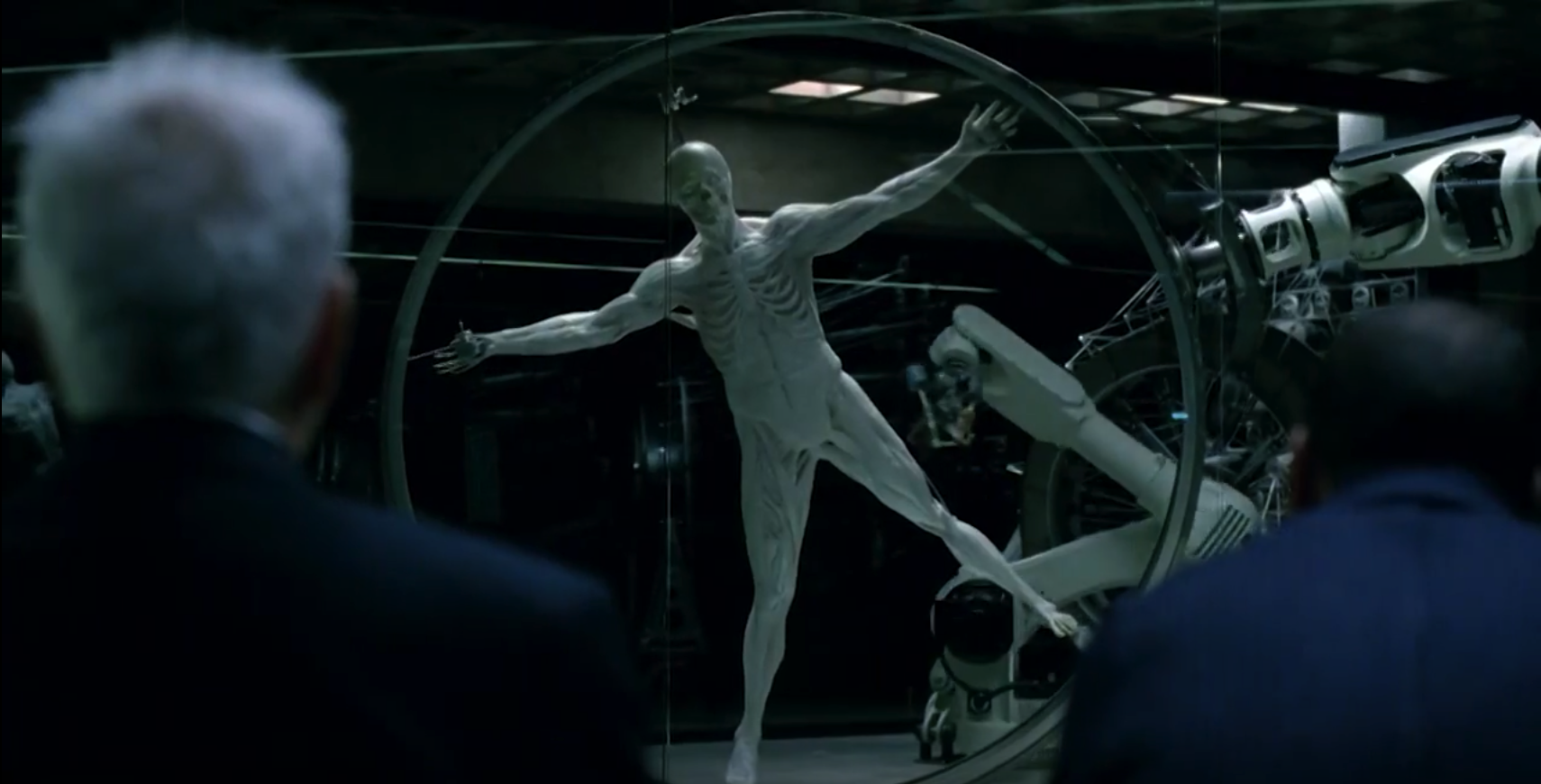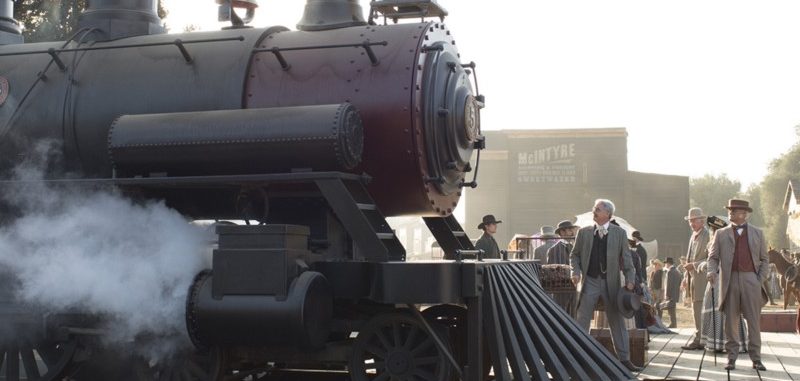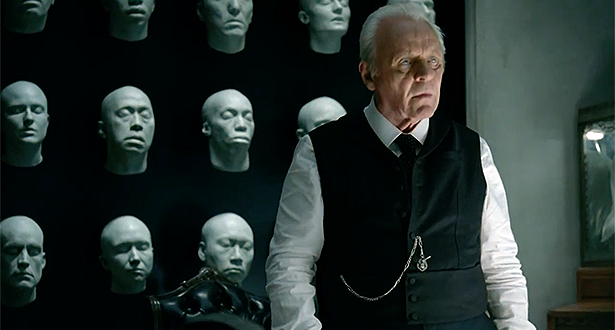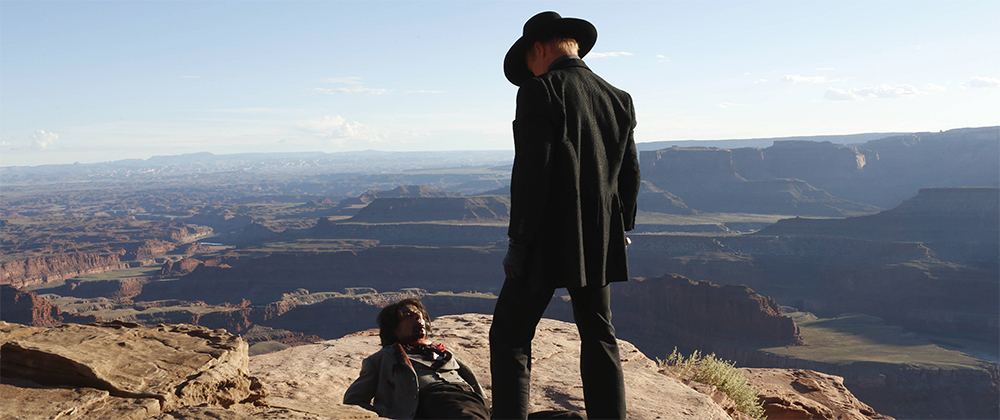"I know you think you've got a handle on what this is going to be. You have no idea."
HBO's Westworld is sci-fi at its finest. What begins as a seemingly classic Western turns meta—from our reality, we watch a fictitious world that enters another fictitious world. Get it? Let me elaborate: The show takes place in Westworld, a freakishly realistic Western-themed amusement park inhabited by synthetic androids (aka "hosts"). For a steep fee, humans can visit and do whatever they want without consequence or retaliation. The creators assure humans that they can party, rape, beat, or kill androids, but androids will never retaliate.
Westworld is an exploration of the modern man's insatiable and ever-growing desire and the resulting desensitization that comes with getting too much of anything. When sex comes easy, when technology is at our fingertips, and when anything can be paid for, the world becomes numb.
The cast is phenomenal: Anthony Hopkins, Thandie Newton, James Marsden, Jeffrey Wright, Luke Hemsworth, Ben Barnes are only a few of the familiar faces. Evan Rachel Wood is the standout—her special combination of good looks and intelligence makes her feel irreplaceable in the role of Dolores. Dolores is the complex android. The one that may have an inner-monologue. She is the one that has to act without speaking.
Surrounding the ensemble is a stunning landscape both inside and outside of Westworld. The lab where the androids and park plotlines are manufactured is perfectly symmetrical and cold. Then visitors enter the amusement park on an old-timey train to find sweeping canyons under beaming sun, piercing into saloons and reflecting off of lakes where wild horses play.
When I think about the basic purpose of TV, it is to give us a break from our own reality. Westworld will pull you in and take you away.









